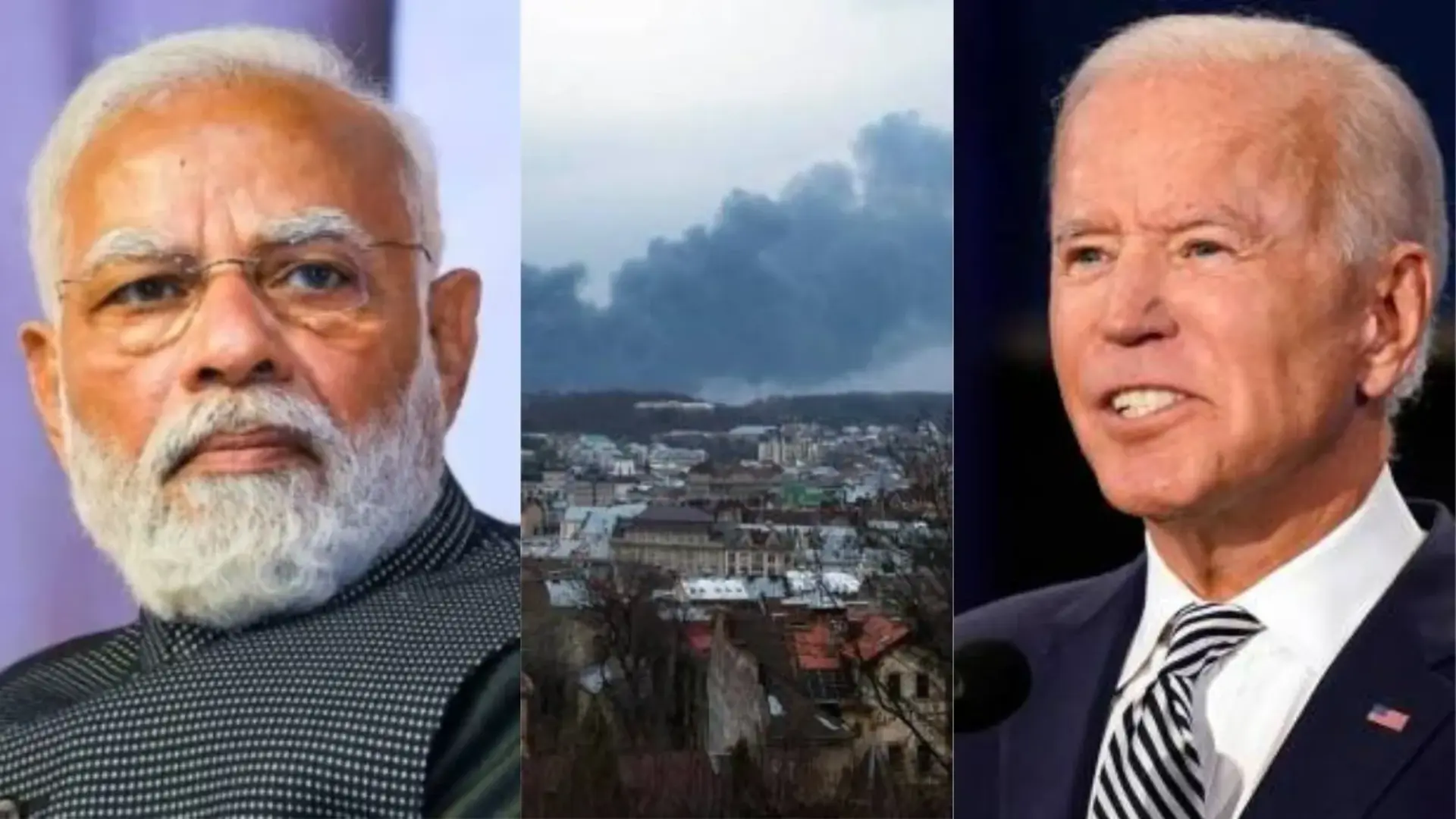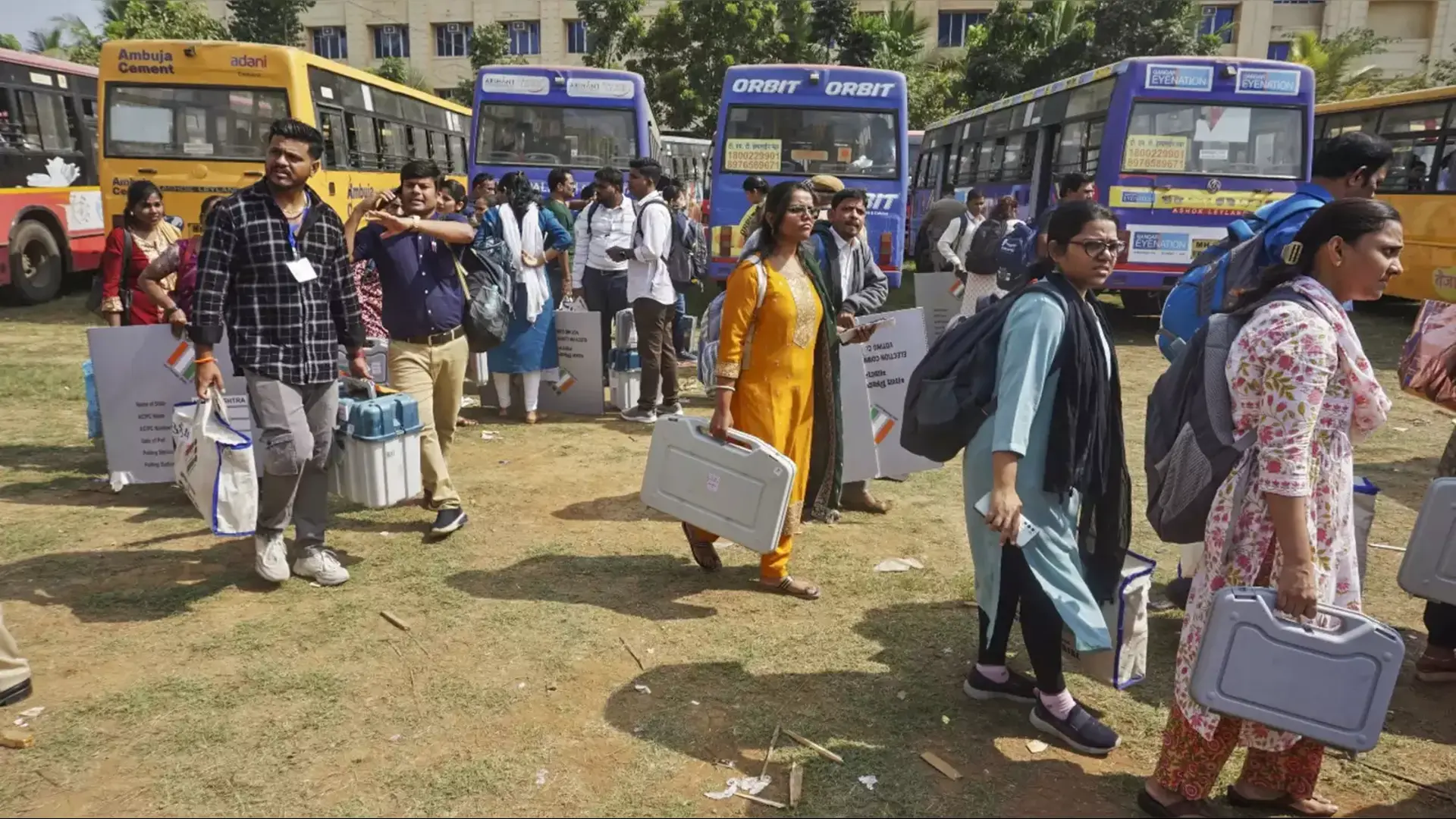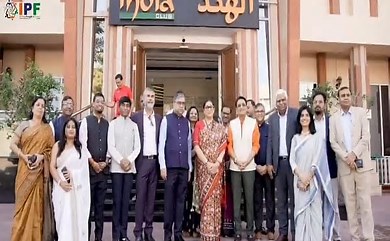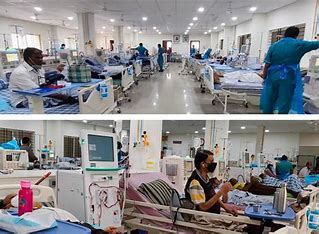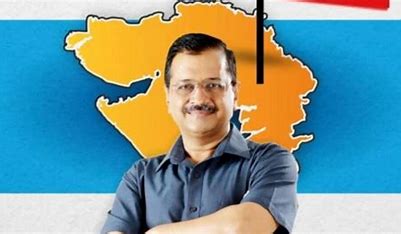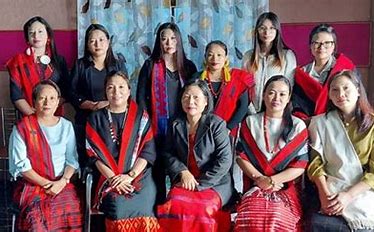
It cannot be just glossed over that the Chhattisgarh High Court has just recently on February 10, 2021 in a latest, learned, laudable and landmark judgment titled Teras Dongare v. Avinash Dongare in CRR No. 346 of 2019 has minced no words to hold briefly, boldly and brilliantly that a man, who marries a woman knowing fully well that her earlier marriage has not ended in a valid divorce, is stopped from raising plea of invalidity of marriage in maintenance proceedings under Section 125 of CrPC. This significant observation was made by a Single Judge Bench of Justice Rajendra Chandra Singh Samant while presiding over a revision filed against the order passed by a Family Court, denying maintenance to the Applicant-wife on the ground that she has not obtained a valid divorce from her first husband and hence, she is not a legally wedded wife of the Respondent (second husband). Very rightly so!
To start with, the ball is set rolling in para 1 of this cogent, composed and commendable judgment authored by a single Judge Bench of Justice Rajendra Chandra Singh Samant of Chhattisgarh High Court wherein it is put forth that, “This petition has been brought against the order dated 11-01-2019 passed in MJC (Misc. Criminal Case) No. 255/2017 by the Family Court Bilaspur, Chhattisgarh dismissing the application of this applicant filed under Section 125 of the Cr.P.C. praying for grant of maintenance.”
On the one hand, while elaborating on the applicant’s version, the Bench then elucidates in para 2 stating that, “It is submitted by learned counsel for the applicant that learned family court has held in impugned order, that the marriage of the applicant with the respondent was performed on 18-11-2015, even then it has been erroneously held that the applicant is not legally wedded wife of the respondent/applicant. The applicant does not deny about her previous marriage with Rajendra S/o Ratan, R/o Village Selar, on the contrary she has made a clear statement that she had obtained divorce from her previous husband in customary manner. The statement of her is remained unchallenged in cross-examination, therefore, the applicant had status of legally wedded wife of the respondent.
Reliance has been placed on the order passed by this High Court in the matter of Smt. Motim Bai Borkar Vs. Arjun Singh Borkar, 2017 (2) C.G.L.J. 330, in which it was contention of the petitioner wife that she had obtained divorce from her first husband by mutual consent as per custom. It was held that the petitioner and the respondent had been living for some time as husband and wife, therefore, such relationship has to be treated as valid for the purposes of Section 125 of the Cr.P.C.
Reliance has also been placed on the judgment of Delhi High Court in the case of H.S. Bedi Vs. National Highway Authority of India, 2016 (227) DLT 129.
Therefore, it is prayed that the impugned order be set aside and the relief be granted to the applicant.”
On the other hand, while elaborating on the respondent’s version, it is then stated in para 3 that, “Learned counsel for the respondent opposes the submission made by the applicant side and submits that no error has been committed by the learned family court in passing the impugned order. It was an admitted fact that the previous marriage of the applicant was existing and the same was not dissolved by any Court of law. For the purposes of Section 125 of the Cr.P.C. it is necessity that the applicant should be a legally wedded wife, hence, the applicant does not fulfill this criteria because of which she has no entitlement for grant of maintenance. Prayer has been made to dismiss the revision petition.”
Briefly stated, the Bench then observes in para 4 that, “Considered on the submissions. The only question to be determined in this revision petition is whether the applicant has status of being a legally wedded wife or not.”
It would be imperative to mention here that it is then stated in para 5 that, “Applicant Teras Dongare (AW-1) has stated in examination-in-chief that her first marriage was performed with Rajendra S/o Ratan, R/o Village Selar as this marriage could not go on, therefore, it was dissolved by mutual consent in presence of some village elders and as result of her previous husband Rajendra has performed another marriage. It was subsequent to this, this applicant performed marriage with the respondent. In cross-examination she has admitted that she has not obtained any divorce from court and mutual divorce in customary manner took place and that she has not named the person in presence of whom the customary divorce has taken place.”
To put things in perspective, the Bench then observes in this same para 5 that, “Chhedilal (AW-2) has made similar statement in his examination-in-chief. However, in cross-examination he has admitted the suggestion of the respondent side that no divorce has taken place of Terasbai from her previous husband Rajendra. Dujram (AW-3) made similar statement in his examination-in-chief, but in cross-examination he has again admitted the suggestion of the respondent side that he does not know if divorce of the applicant with her previous husband is legal or not.”
To be sure, it is then stated in para 6 that, “The respondent Avinash Dongare (NAW-1) made a statement in examination-in-chief that the applicant has not been divorced by her previous husband in any lawful manner.”
Most significantly and most remarkably, while citing the relevant case law, it is then pointed out in para 7 that, “In the case Smt. Motim Bai Borkar Vs. Arjun Singh Borkar (supra) the coordinate Bench of this Court held that the divorce was not strictly in accordance with law. Even so when the second husband married the petitioner knowing fully well that her earlier marriage had not ended in a valid divorce, then he is estopped from raising a plea under Section 125 Cr.P.C. that the second marriage is invalid. A person cannot approbate and reprobate at the same time. This appears to be a similar case in which looking to the evidence present of performing of marriage of the applicant with the respondent in the light of previous history of the applicant, the respondent could not have raised such plea regarding the invalidity of the marriage according to the view taken by this Court in the case of Smt. Motim Bai Borkar Vs. Arjun Singh Borkar (supra), hence, the conclusion drawn and the finding given by learned family court on this point appears to be erroneous.”
Quite significantly, the Bench then observes in this same para 7 ahead that, “After considering on other evidence that is present in the record of the proceedings and the finding in the impugned order that the applicant is unable to maintain herself. There appears to be no evidence on the point as to whether the respondent has means to pay maintenance to the applicant or not.
After looking to the evidence in the record of the proceeding and appreciating the same, it is found that there is no such evidence present to make out that the respondent has some employment and he has some fixed salary and income from any source, otherwise the respondent is an able bodied person who can earn livelihood and pay maintenance to the applicant. Hence, on this basis an amount of maintenance can be fixed to be paid to the applicant by the respondent.”
Finally, it is then held in the last para 8 that, “After considering on the submissions and on the evidence present in the record of the proceedings the revision petition is allowed. The impugned order is set aside. The application under Section 125 of the Cr.P.C. is allowed. The respondent is directed to make payment of Rs.2,500/- per month to the applicant as maintenance from the date the application under Section 125 of the Cr.P.C. was filed by the applicant.”
On a concluding note, it may well be said that a man, who marries a woman knowing fully well that her earlier marriage has not ended in a valid divorce, is very rightly stopped from raising the plea of invalidity of marriage in maintenance proceedings under Section 125 of CrPC as we see in this case also. We thus see that the respondent is directed to make payment of Rs.2,500/- per month to the applicant as maintenance from the date the application under Section 125 of the Cr.P.C. was filed by the applicant. It is also made amply clear that when the second husband married the petitioner knowing fully well that her earlier marriage had not ended in a valid divorce, then he is estopped from raising a plea under Section 125 Cr.P.C. that the second marriage is invalid. A person cannot approbate and reprobate at the same time. In other words, it vindicates the time tested old adage that, “You can’t have the cake and eat it too”.

